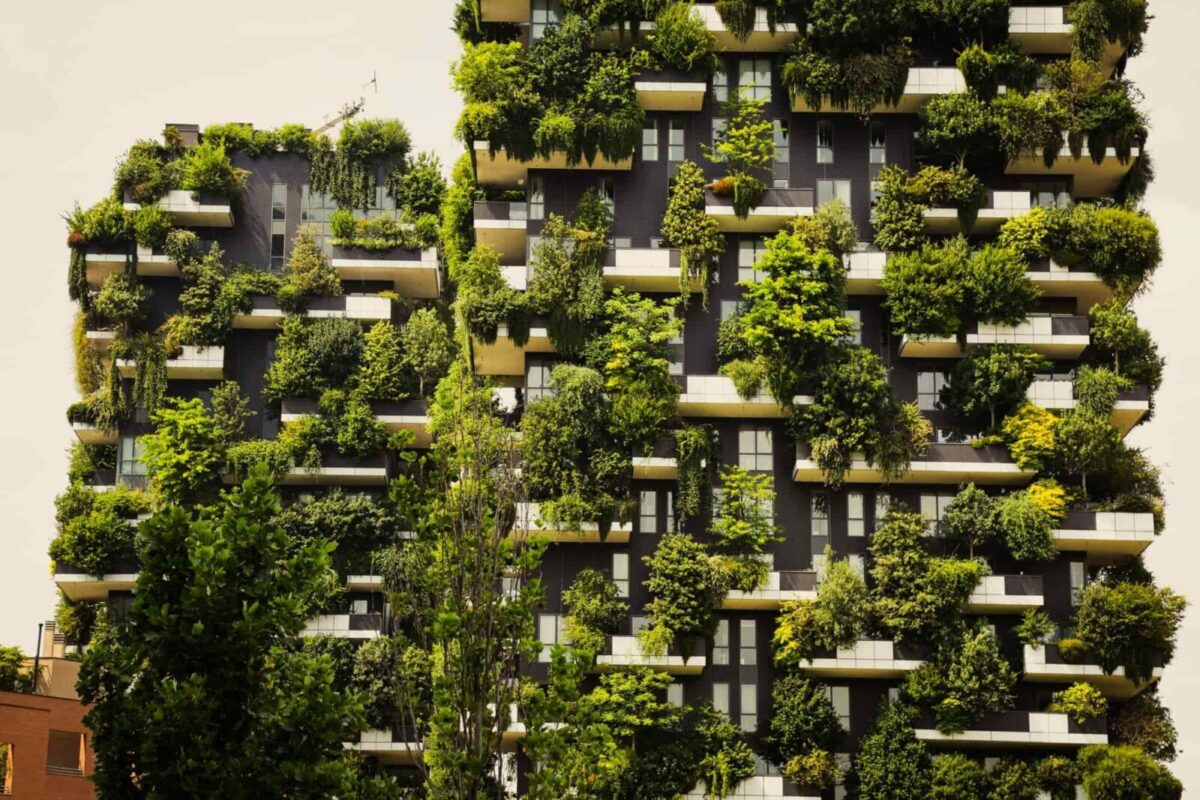In the ever-evolving world of construction, a green revolution is taking place. With eco-consciousness on the rise, the housing industry is embracing sustainable practices like never before.
From energy-efficient designs to eco-friendly materials, builders and homeowners alike are making a conscious effort to reduce their environmental footprint. This paradigm shift not only helps combat climate change but also brings with it a host of benefits including lower utility bills, improved indoor air quality, and enhanced property values.
In this article, we delve into the exciting world of green building, exploring how eco-friendly practices are transforming the housing industry and shaping the way we live. So, grab your hard hat and join us on this eco-adventure!
Energy Efficiency: Reducing Carbon Footprints through Green Building
Energy efficiency is a paramount aspect in the pursuit of reducing carbon footprints through green building. As the housing industry embraces eco-friendly practices, the focus on energy conservation has emerged as a significant driver of change.
To promote sustainable living, green buildings incorporate innovative techniques and technologies to minimize energy consumption without compromising on comfort. By utilizing energy-efficient materials, optimizing insulation, and implementing advanced systems for heating, cooling, and lighting, these eco-friendly structures pave the way toward a greener future.
From the integration of renewable energy sources to the adoption of smart technologies, the housing industry is witnessing a transformative shift towards energy-efficient practices that combat climate change and contribute to a more sustainable planet.
Renewable Energy Sources: Harnessing the Power of the Sun, Wind, and Water

The housing industry is currently undergoing a profound transformation driven by the increasing adoption of eco-friendly practices. One of the most prominent areas of focus is the utilization of renewable energy sources such as the sun, wind, and water.
Harnessing these natural elements not only reduces our dependence on fossil fuels but also has a tremendous positive impact on the environment. Solar power, for instance, has gained significant momentum in recent years with the advancements in technology allowing for more efficient and cost-effective installation of solar panels.
Similarly, wind energy is being harnessed through the installation of wind turbines in strategic locations with strong wind currents. Moreover, the utilization of water as a renewable energy source, specifically through the construction of hydropower plants, offers a reliable and sustainable solution.
Embracing these renewable energy sources not only benefits the housing industry by reducing electricity costs but also contributes significantly to the global effort in combating climate change.
Eco-Friendly Materials: Revolutionizing Home Construction
As the housing industry strives towards sustainability and environmental consciousness, the emergence of eco-friendly materials has transformed the way homes are constructed. From innovative insulations to renewable energy sources, these materials are revolutionizing the way we build our homes, reducing carbon footprints and preserving the planet. Gone are the days when construction solely relied on conventional resources, as builders now tap into a vast array of sustainable options.
With a commitment to minimizing environmental impact, eco-conscious homeowners are embracing these materials that not only benefit the planet but also provide numerous advantages for their dwellings.
Water Conservation: Preserving Earth’s Most Precious Resource

In an era defined by rapid environmental changes, the housing industry is undergoing a transformative shift towards eco-friendly practices. Amidst this paradigm shift, one key aspect that demands our immediate attention is water conservation.
As we continue to cherish and safeguard Earth’s most precious resource, it becomes increasingly crucial to implement sustainable strategies within the realm of housing. From innovative plumbing systems to conscientious landscaping designs, there are myriad ways in which we can all contribute to the preservation of this vital element.
As the human race navigates the complexities of the 21st century, it is our collective responsibility to recognize the significance of water conservation and take decisive action to protect it for future generations to come.
Indoor Air Quality: Improving Health and Comfort in Green Homes
Indoor air quality plays a pivotal role in enhancing both health and comfort within green homes. As eco-friendly practices continue to reshape the housing industry, ensuring clean and fresh air inside homes has become a top priority.
With a myriad of pollutants lurking in conventional dwellings, green homes prioritize ventilation, filtration, and the use of low-toxicity materials. This holistic approach not only minimizes exposure to harmful substances but also promotes a healthier living environment.
From incorporating natural ventilation systems to utilizing indoor plants as natural air purifiers, the focus on indoor air quality in green homes is transforming the way we live, breathe, and thrive in our living spaces. By addressing these aspects, green homes strive to provide a sanctuary that harmonizes with nature while safeguarding our well-being.
Smart Home Technology: Innovations for an Eco-Friendly Lifestyle

From automated thermostats that adjust temperatures based on occupancy patterns to energy-efficient appliances that minimize power consumption, smart home technology has revolutionized the way we live sustainably. This groundbreaking integration of eco-consciousness and convenience has paved the way for a greener future in the housing industry.
With solar panels harnessing the sun’s energy, rainwater collection systems reducing water waste, and intelligent lighting systems optimizing energy usage, homeowners can now align their daily routines with environmental preservation effortlessly. Moreover, the integration of artificial intelligence in smart homes allows for seamless monitoring and control, ensuring that resources are utilized efficiently while reducing overall carbon footprints.
As we step into a new era of eco-friendly living, these innovative advancements in smart home technology empower individuals to make more conscious choices and create a harmonious coexistence between comfort and sustainability.
Conclusion
In conclusion, eco-friendly practices are revolutionizing the housing industry. With the growing emphasis on sustainability and environmental consciousness, builders, developers, and homeowners alike are embracing green building techniques.
By adopting energy-efficient systems, utilizing renewable resources, and implementing eco-friendly materials, they are not only reducing their carbon footprint but also reaping long-term benefits such as reduced energy costs and improved indoor air quality. Rental Agent Amsterdam, including those in Amsterdam, have a crucial role to play in this transformation. As ambassadors of eco-friendly practices, they can educate and guide clients towards green housing options that promote a sustainable future.
With the collective efforts of the industry and informed choices made by individuals, the housing sector can make a significant positive impact on the environment while providing comfortable and modern homes for generations to come.





